Microsoft announced via the Bing Webmaster Blog in October 2025 that Bing now supports the data-nosnippet HTML attribute. The update lets publishers exclude specific on-page elements from Bing Search snippets and Copilot AI answers while keeping pages indexed and eligible to rank.
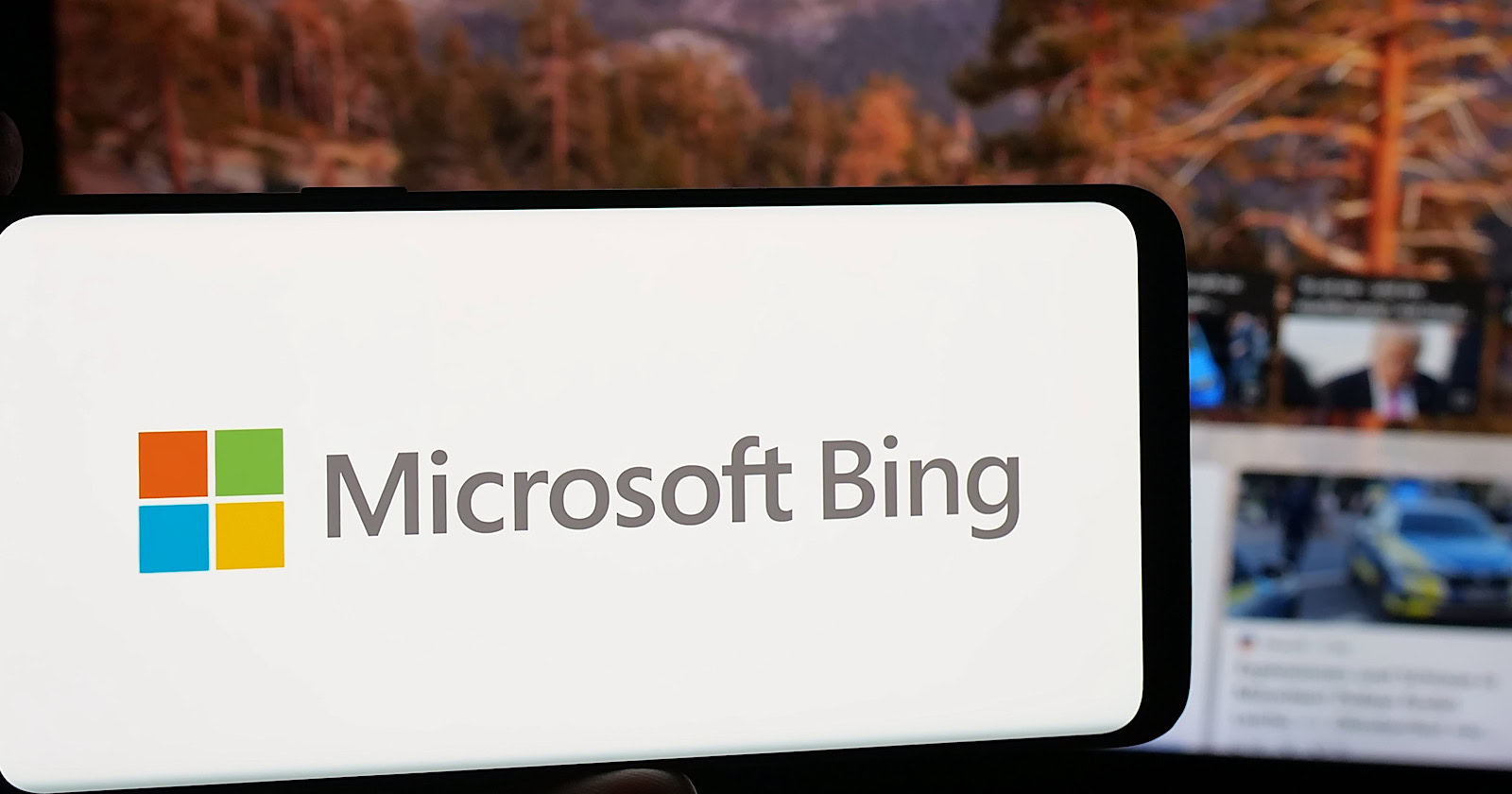
Bing supports data-nosnippet for search snippets and AI answers
The data-nosnippet attribute can be added to any HTML element to exclude that section from previews. Bing still crawls and indexes the page, but content inside elements tagged with data-nosnippet is omitted from snippet text and AI-generated answers. The control targets previews, not indexation, and does not change ranking eligibility.
Key Details
- Works on any HTML element to exclude it from Bing Search snippets and Copilot answers.
- Marked content remains crawlable and indexable; pages stay eligible to rank.
- Common uses include paywalled or premium content, user comments or reviews, legal boilerplate, and cookie notices.
- Other examples: outdated notices, expired promotions, sponsored blurbs, and affiliate disclaimers.
- Can suppress A/B test variants in previews during experiments.
- Implementation: add the data-nosnippet attribute to selected HTML elements.
- Site owners can verify behavior through Bing Webmaster Tools URL inspection.
- Changes take effect after Bing recrawls the updated page.
Background Context
Bing positions data-nosnippet as a complement to page-level directives. The noindex directive removes a page from the index, while nosnippet blocks all text and preview thumbnails. max-snippet, max-image-preview, and max-video-preview set preview limits. data-nosnippet applies at the element level for more precise control and does not block indexing.
Source
Official announcement and guidance: Bing Webmaster Blog - Bing Introduces Support for the data-nosnippet HTML Attribute.

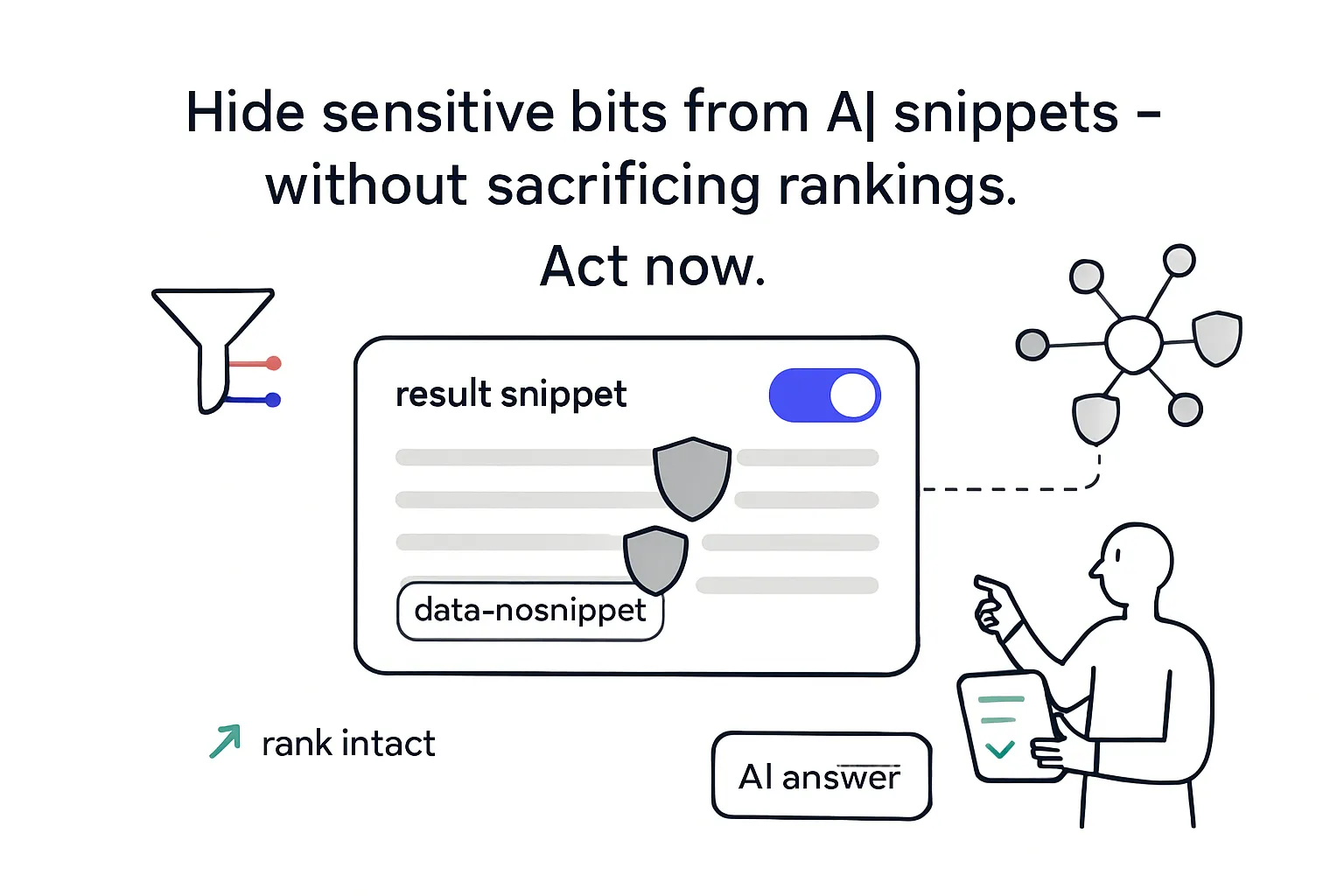


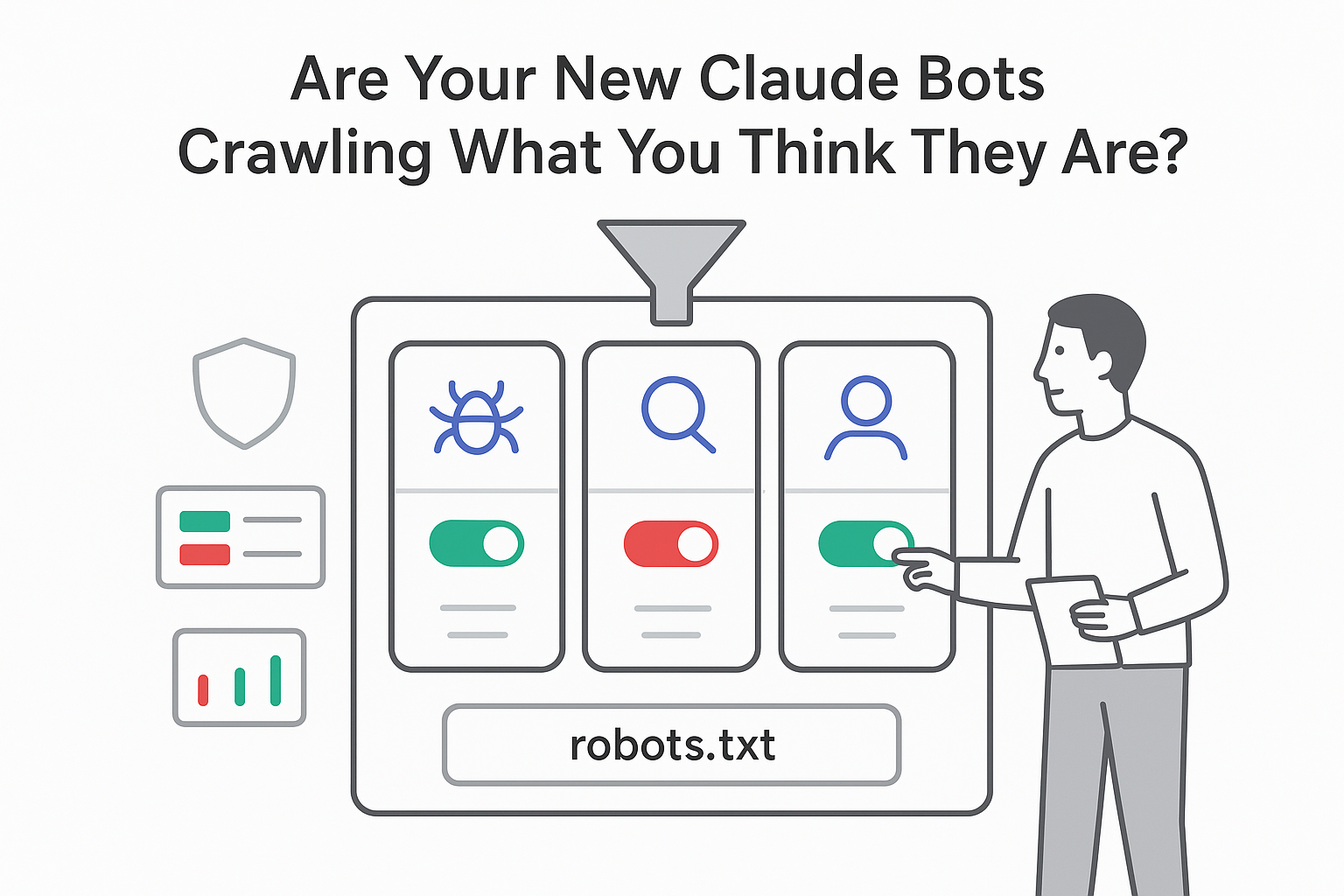
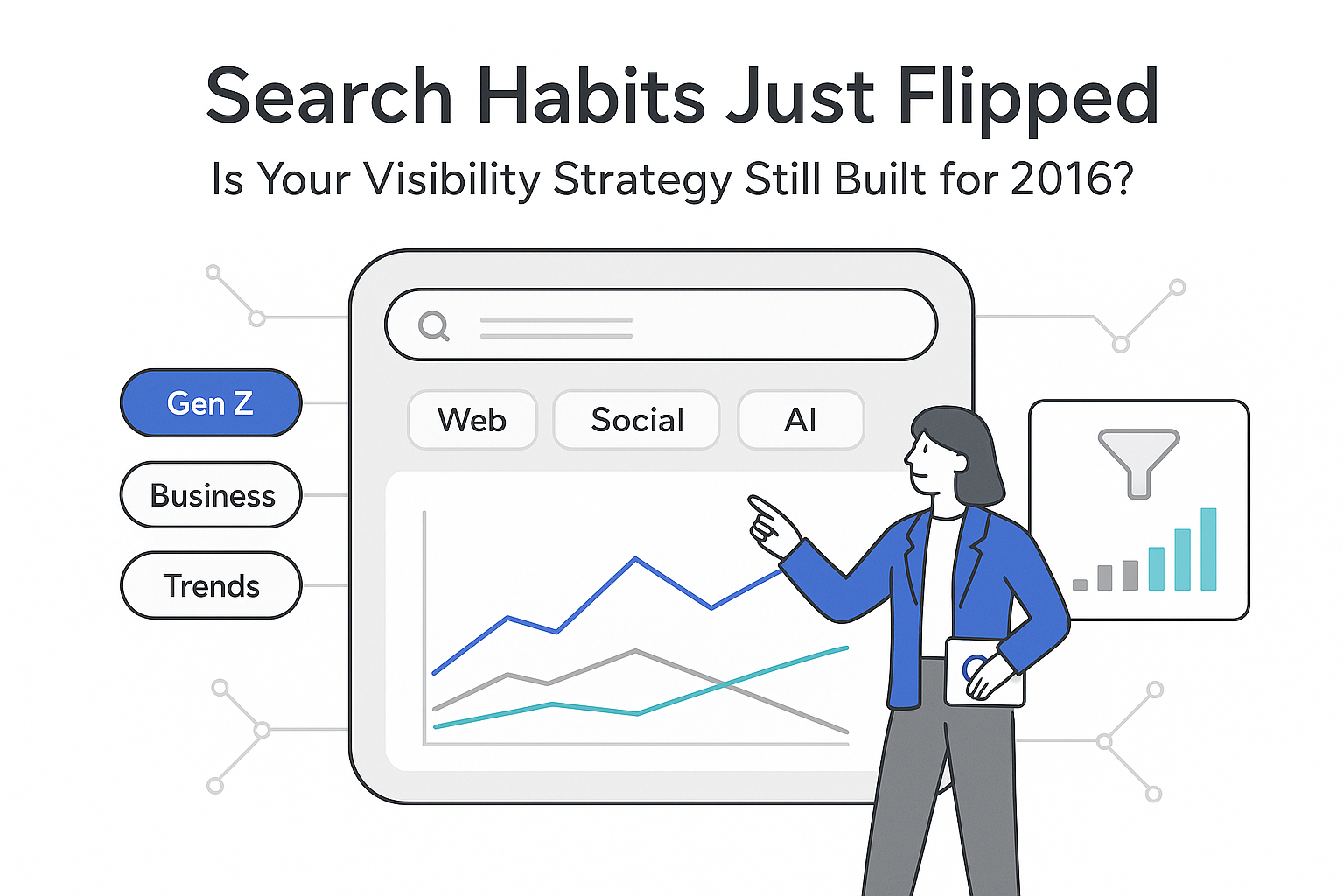
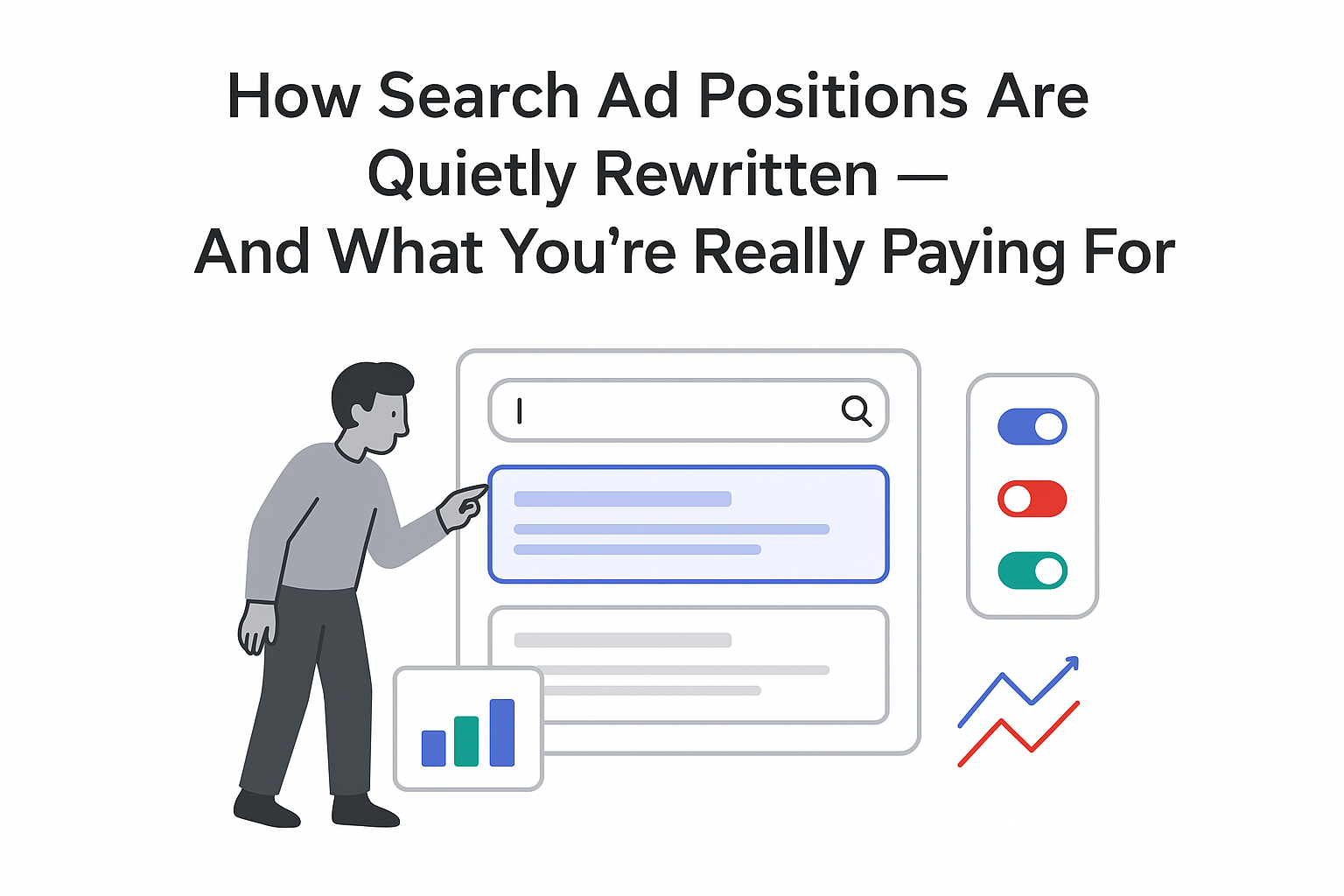
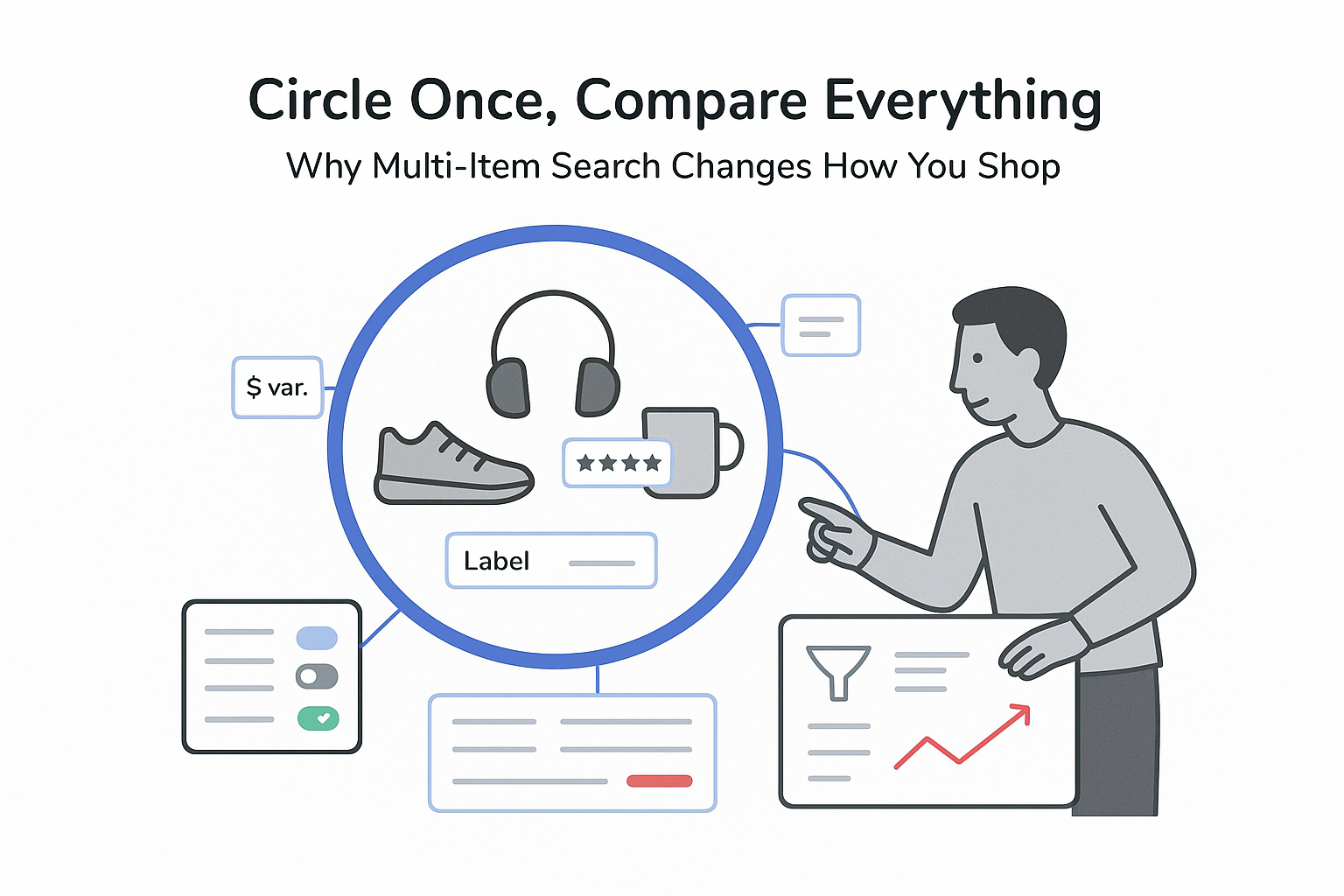
.svg)